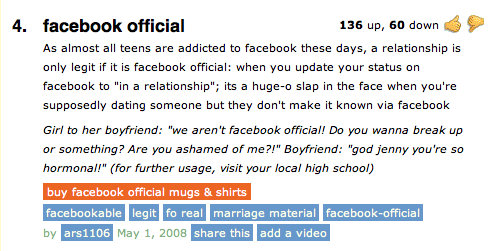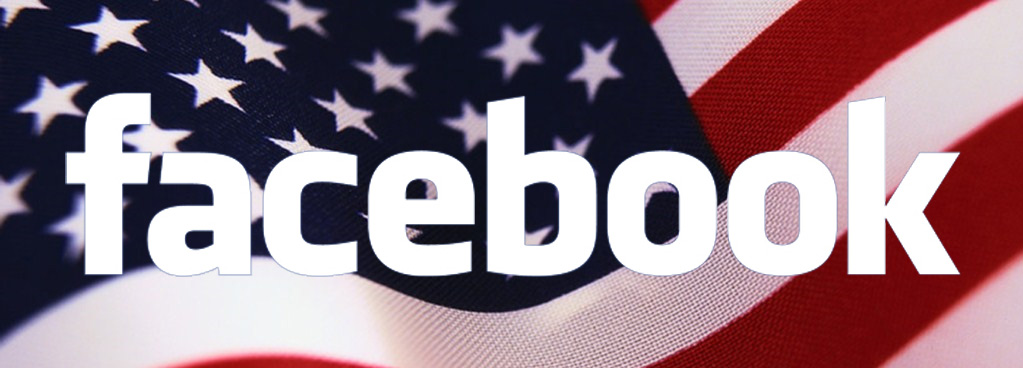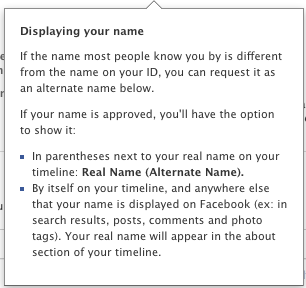As we ended our last seminar class today, I was nostalgic. I began to reflect on the course as a whole. This class has been a very eye-opening and intellectual stimulating experience for me. The fact that this is our first semester here has only added to its significance because it is one of our first insights into what a Princeton education entails. In recognition of this class’s value, I would like to go over a few of my personal highlights.
Favorite Class Guest: I think the class guests were overall such a great part of the class because it exposed us to experts in the fields we were discussing and in many cases, demonstrated the incredible faculty Princeton employs in all of its departments. My favorite guests were definitely Aneesh Chopra from today’s class and Zeynep Tufekci from the class on political movements. I am very interested in the use of social media for political campaigns and political activism (as will surprise no one), so hearing from these two incredible experts was so interesting. I thought the problem Aneesh Chopra raised about how he seeks to extract social media data and influence, without paying a fortune for targeted ads, was a fascinating puzzle. I found Zynep’s insights on political movements to be really fascinating and I was subsequently delighted to stumble on her recent New York Times‘ opinion piece when I was doing research for my oral presentation.
Most Thought Provoking Class: I thought our seminar about Anonymity and Forgetting was probably the most thought-provoking one for me. I had never really considered the power in being able to forget or delete memories and the implications for a society that does not have this capacity. This guardian piece by Stuart Jeffries was the reading from the class that most surprised me and made me reflect on a new concept.
Best Reading: The reading I probably enjoyed the most was “The Curse of Cow Clicker” by Jason Tanz. I found the attempted satire and twist of fate it detailed very amusing and the implications for gamification and the success of Zynga games were very interesting.
Most Stressful Task: Definitely today’s presentation. I’ve never talked so fast before.
Favorite Blog Posts: I think the favorite post I wrote was this one, about the implicit rules that govern Facebook. I also really enjoyed the different perspectives that Amanda and I put forth about whether politics belong on Facebook in our blog posts.
Overall: I really enjoyed this class. I have to thank all my classmates for always generating a great discussion and for being willing to clash and debate and explore different topics together. It was great to have so many different viewpoints from such intelligent peers. I also want to thank Professors Felten and Schlutze for putting so much work in generating readings, guests, and stimulating discussions for all our seminars. Thanks again!






